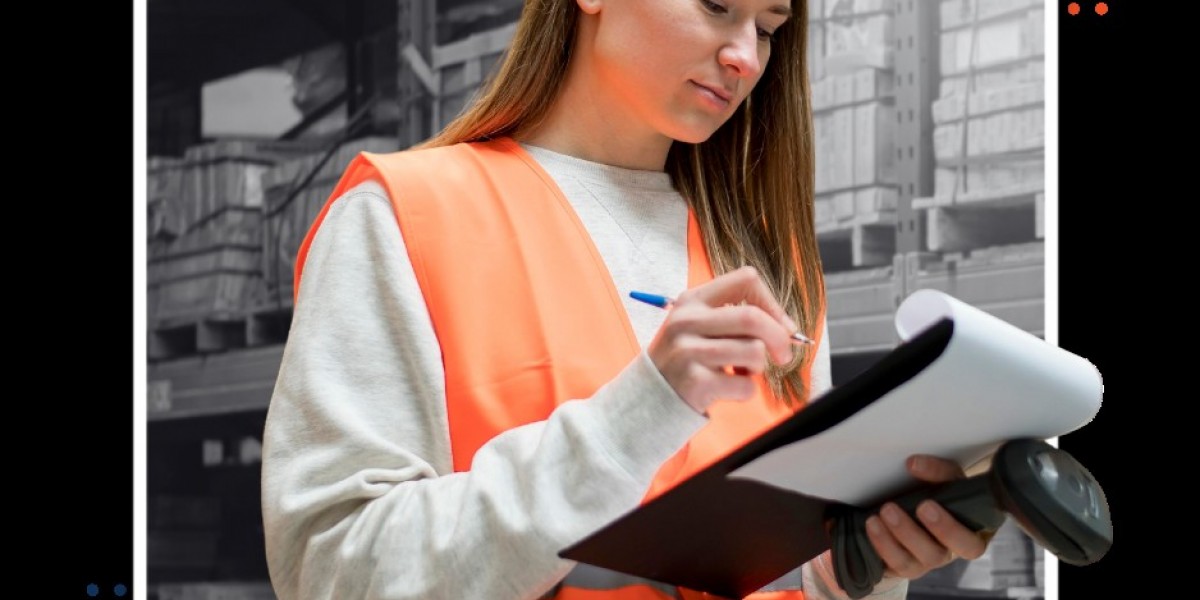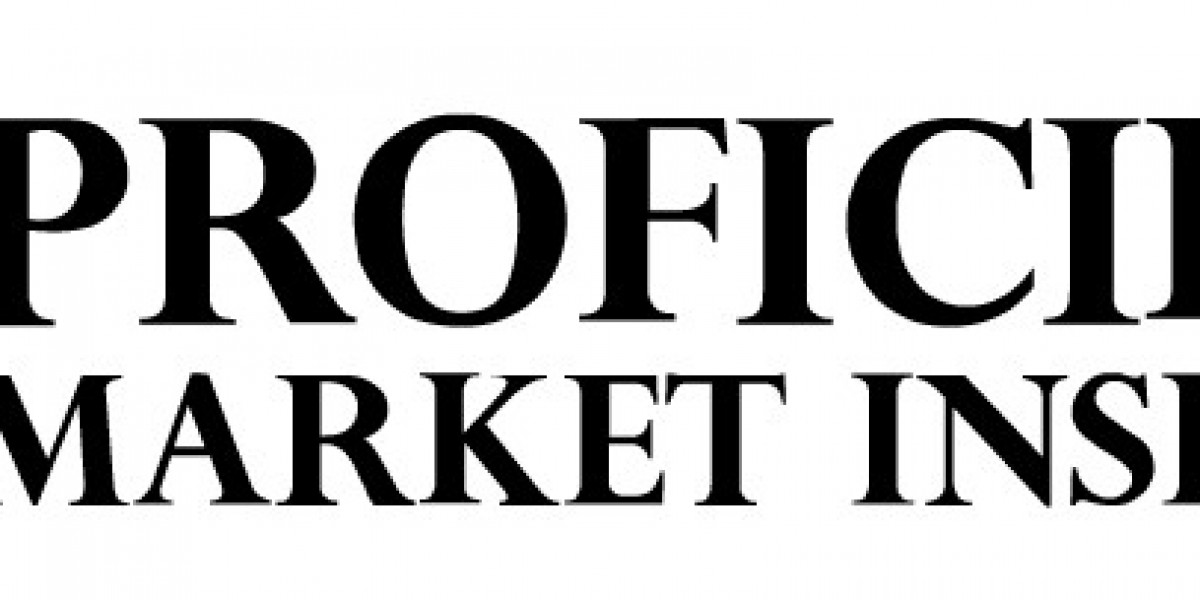warehousing is becoming an integral part of modern supply chain management, offering businesses a way to streamline operations, reduce costs, and enhance customer satisfaction. As companies expand globally and e-commerce continues to surge, the demand for efficient and flexible warehousing solutions hasn't been higher. 3PL warehousing providers offer specialized services that exceed basic storage, including inventory management, order fulfillment, and distribution. These services enable businesses to focus on their core competencies while leaving logistics to the experts. By leveraging the expertise and infrastructure of 3PL providers, companies can perform greater efficiency and scalability in their supply chain operations.
One of many primary advantages of 3PL warehousing is the significant cost savings it offers. Maintaining an in-house warehouse may be expensive, with costs linked to real-estate, labor, equipment, and technology. 3PL providers spread these costs across multiple clients, allowing businesses to cover only for the space and services they use. Additionally, 3PL warehousing can enhance operational efficiency by providing usage of advanced technology and systems that lots of businesses mightn't have the ability to afford independently. These technologies include warehouse management systems (WMS), automated sorting and retrieval systems, and real-time inventory tracking, that contribute to more efficient and accurate operations.
Scalability is another critical benefit of 3PL warehousing. Businesses experience fluctuations in demand because of seasonality, market trends, and economic conditions. 3PL providers offer flexible solutions that may scale up or down on the basis of the client's needs. This flexibility is specially necessary for businesses with seasonal peaks, as they are able to expand their warehousing needs during busy periods and reduce them during slower times without incurring fixed costs. Furthermore, 3PL providers usually have a network of facilities in various locations, enabling businesses to store inventory closer with their customers and reduce shipping times and costs.
The role of technology in 3PL warehousing cannot be overstated. Advanced technologies such as WMS, RFID tracking, and automation systems are revolutionizing how warehouses operate. These technologies enable real-time visibility into inventory levels, improve accuracy in order picking and packing, and enhance overall efficiency. As an example, an effective WMS can optimize storage space, streamline workflows, and provide detailed analytics for better decision-making. Automation technologies, such as for example robotic picking systems and automated guided vehicles (AGVs), reduce labor costs and increase throughput. By leveraging these technologies, 3PL providers can offer superior service levels and meet the high expectations of today's consumers.
Client satisfaction is just a critical factor for business success, and 3PL warehousing plays a vital role in achieving it. With the rise of e-commerce, consumers expect fast, reliable, and cost-effective delivery options. 3PL providers help businesses meet these expectations by offering efficient order fulfillment and distribution services. They use sophisticated logistics networks and transportation management systems to make sure timely delivery and accurate tracking. By outsourcing these functions to a 3PL provider, businesses could offer faster shipping options, improve order accuracy, and enhance the general customer experience. This leads to raised customer retention rates and positive brand reputation.
Risk management is another essential facet of 3PL warehousing. Supply chain disruptions, such as natural disasters, political instability, and transportation issues, can significantly impact a business's operations. 3PL providers have contingency plans and risk management strategies in place to mitigate these disruptions. They feature diversified networks and alternative transportation routes to ensure continuity in supply chain operations. e-commerce fulfilment 3PL providers are well-versed in regulatory compliance, ensuring that all warehousing and logistics activities abide by relevant laws and regulations. This expertise helps businesses avoid costly fines and legal issues, further enhancing the reliability and security of the supply chain.
3PL warehousing providers often specialize in specific industries, offering tailored solutions that meet the initial needs of different sectors. For instance, in the pharmaceutical industry, 3PL providers offer temperature-controlled storage and distribution solutions to ensure the integrity of sensitive products. In the automotive industry, they offer just-in-time delivery services to aid manufacturing processes. E-commerce businesses take advantage of specialized fulfillment services, including same-day delivery and returns management. By partnering with a 3PL provider with industry-specific expertise, businesses can gain a competitive edge and make certain that their logistics operations align with industry standards and best practices.
The ongoing future of 3PL warehousing looks promising as businesses continue to find methods to optimize their supply chains and meet up with the evolving demands of the market. Technological advancements, such as for example artificial intelligence, blockchain, and the Internet of Things (IoT), will further boost the capabilities of 3PL providers, offering increased efficiencies and transparency. The growing emphasis on sustainability will also drive innovation in green logistics solutions, including energy-efficient warehouses and eco-friendly transportation options. Since the logistics landscape evolves, 3PL warehousing will remain a critical element of supply chain strategy, enabling businesses to keep agile, competitive, and customer-focused. By leveraging the expertise and resources of 3PL providers, companies can navigate the complexities of modern logistics and achieve long-term success.








